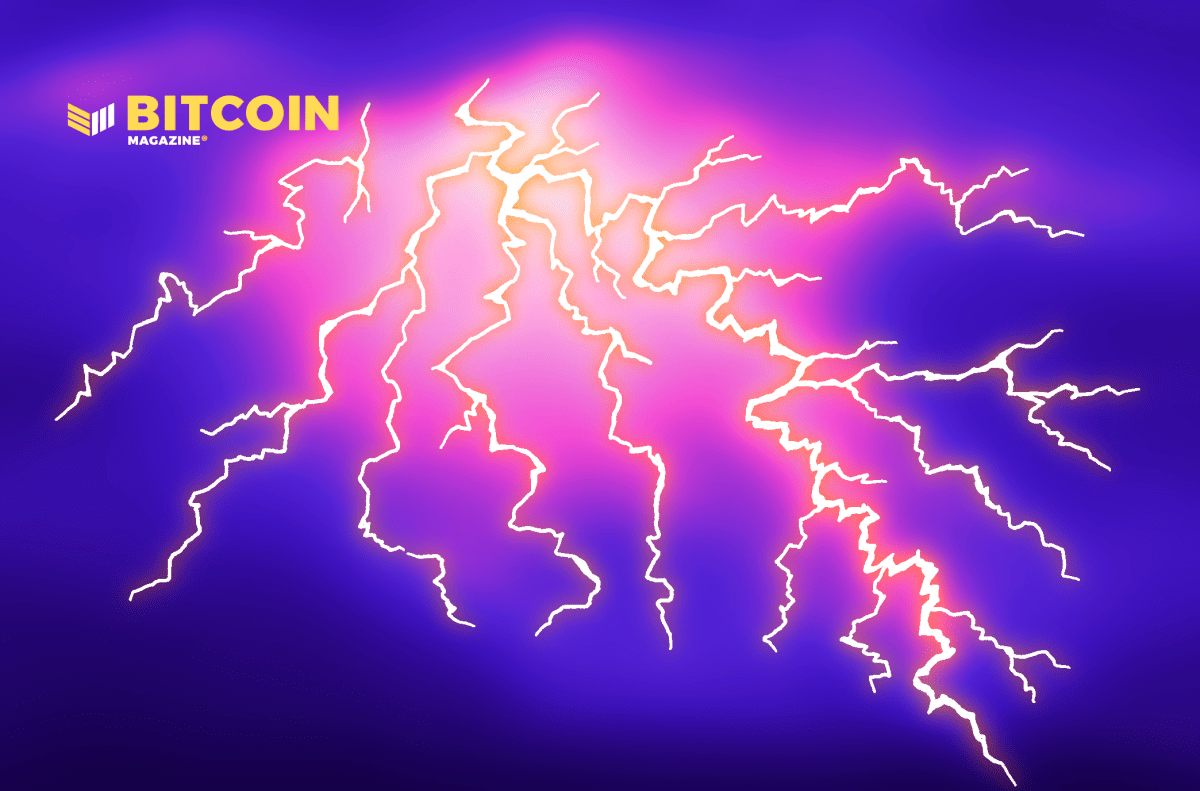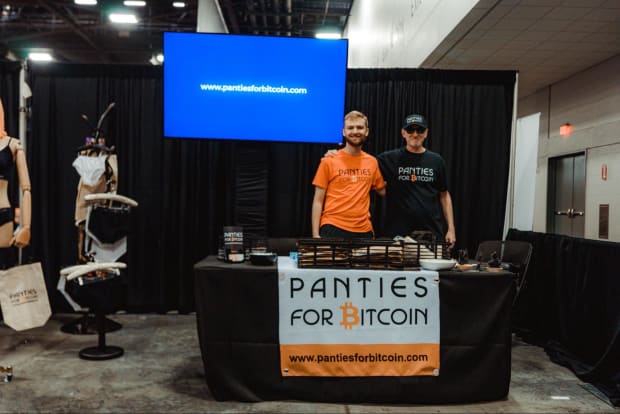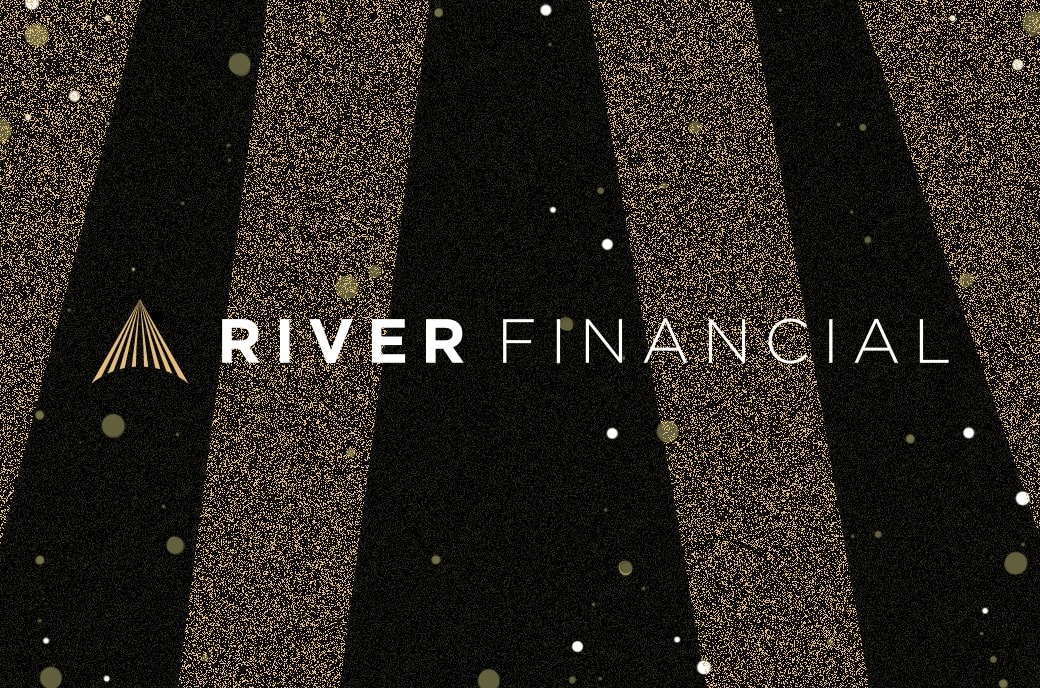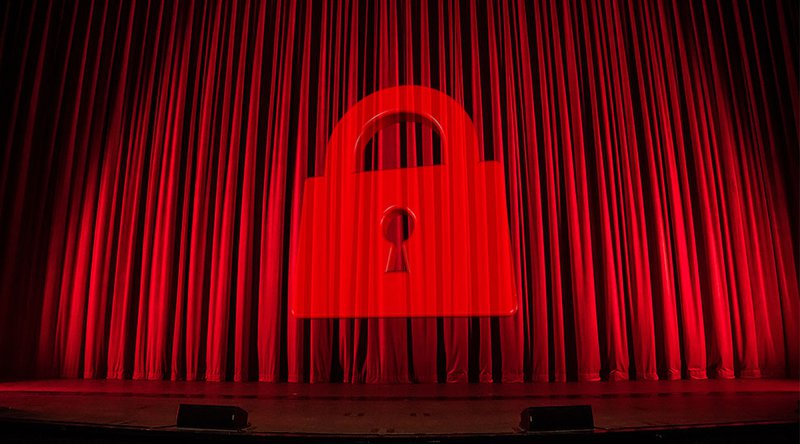New North American Mining Pool Bets On Region And Regulatory Compliance
North American bitcoin mining farms all use mining pools to ensure steady block rewards, compiling hash power from miners operating remotely to compete with the industrialized farms based in China. Most of these mining farms use China-based mining pools (pools whose headquarters and, perhaps, servers for collecting hash power, are located in China) because the fees that they charge for collecting and distributing hash power are the lowest in the world.
However, the days of unregulated mining pools serving the North American market may be ending. And hoping to fill that potential void is DMG, a diversified mining services business headquartered in Vancouver that is opening a new pool for North American miners emphasizing full compliance with all regulations.
The Mining Landscape Today
Bitcoin mining in North America got a shot in the arm recently caused by a dramatic drop in difficulty rate as the rainy season in China’s Sichuan province ended and miners went offline.
In a recent newsletter, Bitcoin media company HASHR8 described the change:
“… huge amounts of hashrate is coming offline due to the end of rainy season in Sichuan. That means miners are enjoying both greater revenue and will have a significant reduction in their input costs once the difficulty level adjusts to represent the hashrate drop.”
A recent report based on BTC.com data noted that this drop in mining difficulty includes the largest percentage drop (at 16 percent) since the first miners with ASICs were brought online in 2012.
The HASHR8 report also noted that, thanks to this drop and recent bitcoin price increases, miners are entering “an extremely lucrative” mining period. This would be the continuation of a trend, as Coinmetrics reported that in October, bitcoin miners generated an estimated $353 million in revenue, up 8 percent from the month before.
DMG Sees A Golden Opportunity In Compliance
With the landscape this ripe for lucrative mining, Vancouver-based blockchain company DMG has announced its new mining pool, Blockseer, which is “dedicated to transparency and good governance” for the North American market.
In its announcement, DMG added:
“Blockseer’s new Bitcoin mining pool will be North America’s first bitcoin mining pool that will not only meet, but exceed the U.S. Government’s Office of Foreign Assets Control (OFAC) compliance for BTC addresses, as well as providing the utmost level of transparency, auditability and corporate governance.”
Sheldon Bennett, COO of DMG Blockchain Solutions, told Bitcoin Magazine that the firm knows it is competing against Chinese pools that can offer lower fees for its member miners.
“We are not trying to compete on price,” he explained. “Instead we are providing better value to companies that care about fair billing and clean mining blocks (i.e., not supporting crime by putting known nefarious transactions in a block our pool mines).”
Bennett added that farms will be willing to pay a premium for compliance.
“We feel that companies will be willing to pay standard mining pool fees (i.e., 2 percent) for full transparency and ensuring their servers/miners are not involved in adding North Korean or Iranian or other blacklisted wallets from OFAC in moving Bitcoin.” he said.
DMG is fully regulated as a public company listed on the TSX Venture exchange meaning it must follow all relevant regulations, including independent third party audits, IT audit standards and internal controls.
Ethan Vera, cofounder and CFO of Seattle-based mining software provider Luxor, which currently operates the only mining pool based in North America, sees big changes coming to the North American mining landscape, which will ultimately require the presence of regulation-compliant pools.
“I believe we will start to see a change here for a few reasons; miners are becoming more institutional and require a compliant hash rate counterparty, profit-switching could allow North American pools to become more profitable for miners and mining pools will get further integrated into larger products offerings like ASIC financing, exchanges or hosting services,” he told Bitcoin Magazine. “The benefits of working with a U.S.-based mining pool is that you can form a contract with a company operating in the same legal jurisdiction with real recourse in the case that something arises.”
Ryan Porter, head of business development for BitOoda and a keen observer of the North American crypto scene, also sees a growing acceptance among miners that some regulatory compliance may be necessary going forward.
“In terms of the differences between off-shore and North America, I think what we’ve seen lately with the U.S. regulators action against BitMEX for not having anti-money laundering (AML) and know your customer (KYC) policies could serve as an indication of the issues in using offshore service providers,” Porter told Bitcoin Magazine. “It’s my view that there will be a demographic of miners here in North America that will opt to use a mining pool that checks those regulatory boxes.”
Despite the difficulty in competing with the fees offered by China-based mining pools, Porter is not surprised by DMGs venture into the space.
“Mining pool companies are needing to find new ways to differentiate themselves to attract new business rather than just competing on fees,” he explained.
The Long Road Ahead
Still, DMG will face a long road in benefitting from a fundamental change to the way that mining farms have selected pools up to this point. U.S. and Canadian mining farms usually choose to sign up with pools in China which offer the lowest fees.
“The reality is that the majority of miners are agnostic,” John Lee Quigley, head of research for HASHR8, told Bitcoin Magazine. “A consideration like the location of the mining pool is low in the pecking order of priorities. Most miners will make their decision based on factors directly relating to profit margins. Factors like fees, add-on services, and industry connections are much more important to miners [than transparent regulatory compliance].”
In his interview with BItcoin Magazine, Vera echoed that standpoint.
“The majority of new miners in North America continue to join the large mining pools in China,” he said. “In most cases, profitability triumphs over all other considerations, and the Chinese pools have historically offered the lowest fees.”
And even if mining farms defect from China-based pools, DMG won’t be the only North American option available. An industry insider told Bitcoin Magazine confidentially that more mining pools will soon be announcing North American operations.
“As more Northern American miners accumulate hashrate in 2020 and 2010, I would not be surprised to see new North American mining pools established to target this growing market,” Thomas Heller, the COO of HASHR8, said in a conversation with Bitcoin Magazine.
At one of the most interesting junctures in the history of Bitcoin mining, a significant change to the distribution of mining pool operations appears imminent. Whether farms are willing to concede lower fees in exchange for regulatory compliance is an open question, but one that DMG could soon answer.
The post New North American Mining Pool Bets On Region And Regulatory Compliance appeared first on Bitcoin Magazine.









